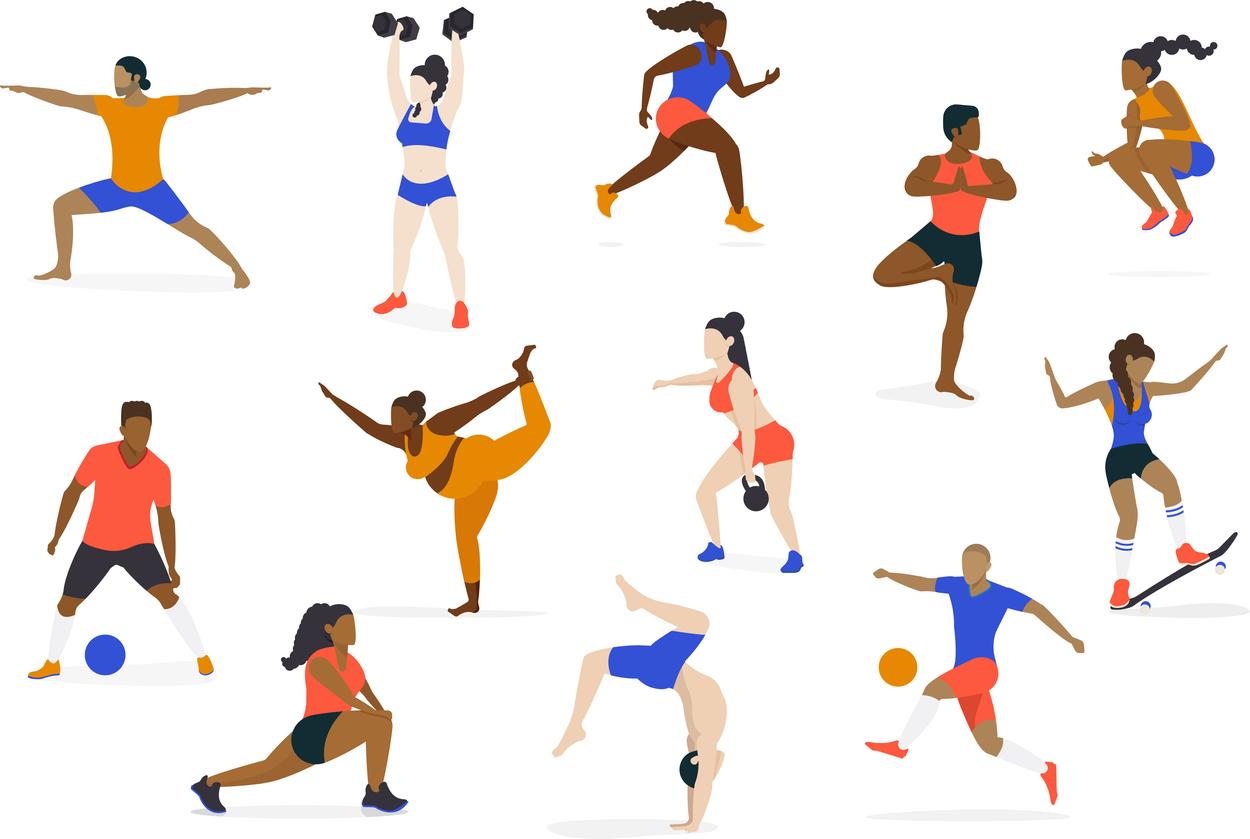The London Olympics encouraged London children to get more physical activity. But the effects are temporary.

Paris wants to overcome obstacles. The French capital wishes to host the next Olympic Games, in 2024. To achieve this, the judoka Teddy Riner defended the project before the International Olympic Committee on November 15. But the momentum is not general. The skeptical voices are also expressed, and doubt the interest of such an event for the finances of the city. A new argument could tip the scales in favor of the municipality. In the BMJ Open, a study shows that the 2012 Olympics, which were held in London (United Kingdom), encouraged children to be more active.
What makes young people move? To this question, the authors of the publication could answer: the Olympic events. They followed 700 to 900 schoolchildren in the 50 km circling the Olympic Village in London. Between 2012 and 2013, these children were asked about their physical activity. Their cardiorespiratory capacity was also closely monitored.
Ephemeral effect
The Olympics have indeed given impetus to sport. A good half of the schoolchildren say that the date prompted them to try other activities. The impact of this motivation can be observed, but only in those who have continued these sports practices for more than 18 months. An improvement in cardiorespiratory capacity was observed in these young people. The girls also saw their body mass index drop.
This motivation is timely. At the time of his candidacy, London had promised to inspire a generation and promote a good way of life. But the event did not have lasting fallout. Among 16-25 year olds, activity declined rapidly. Moreover, the respiratory capacities fall after the Olympics, a source of concern for the authors.
These results could therefore inspire the organizers of the Paris bid: infrastructure and euphoria are not enough. We must also develop ways to encourage young people to move in the long term.
.
















